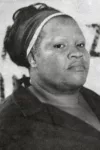Black Orpheus (1959)
June 12, 1959Release Date
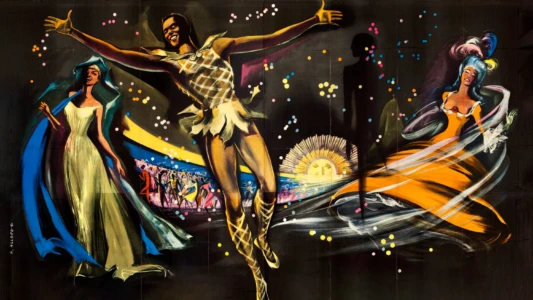
Plot.
Where to Watch.
 Subs
Subs Rent
Rent Subs
Subs Subs
Subs Subs
Subs Rent
Rent Rent
Rent Free
FreeCurrently Black Orpheus is available for streaming online, rent, buy or watch for free on: Criterion Channel, Apple TV, Max Amazon Channel, Max, TCM Amazon Channel, Fandango At Home, Amazon Video, Kanopy
Streaming in:🇺🇸 United States

Cast & Crew.

Breno Mello
Orfeo

Marpessa Dawn
Eurydice

Lourdes de Oliveira
Mira

Léa Garcia
Serafina

Adhemar Ferreira da Silva
Death

Adhemar Ferreira da Silva
Death

Waldetar De Souza
Chico

Alexandre Constantino
Hermes

Jorge Dos Santos
Benedito

Aurino Cassiano
Zeca

Maria Alice
Little Girl

Marcel Camus
Ernesto / Director / Adaptation / Dialogue

Fausto Guerzoni
Fausto

Antônio Carlos Jobim
Original Music Composer

Sacha Gordine
Producer

Luiz Bonfá
Original Music Composer

Andrée Camuseix
Editor

Andrée Feix
Editor

Vinicius de Moraes
Theatre Play

Jacques Viot
Dialogue / Screenplay / Adaptation

Jean Bourgoin
Director of Photography

Geneviève Winding
Assistant Editor

Ded. Bourbonnais
Costumer

Louis Stein
Camera Operator

René Persin
Camera Operator

Geter Kosta
Assistant Camera

Geraldo Gabriel
Assistant Camera

Ketty-Hélène
Costumer

Victor Kerdoncuff
Publicist

Bartholomeu De Andrade
Production Assistant

Isabel Pons
Costume Design

Jacques Gibault
Production Manager

Jean Nény
Sound Mixer

Roger Blache
Line Producer

Amaury Leenhardt
Sound

Silvio Autuori
Line Producer

Robert Mazoyer
First Assistant Director

Dyna Moscovici
Script

Pierre Guffroy
Production Design

Cartola
Media.









Details.
Release DateJune 12, 1959
Original NameOrfeu Negro
StatusReleased
Running Time1h 40m
Content RatingPG
Filming LocationsRio de Janeiro, Brazil
Genres
Last updated:
This Movie Is About.
Wiki.
Black Orpheus (Portuguese: Orfeu Negro [ɔɾˈfew ˈneɣɾu]) is a 1959 romantic tragedy film directed by French filmmaker Marcel Camus and starring Marpessa Dawn and Breno Mello. It is based on the play Orfeu da Conceição by Vinicius de Moraes, which set the Greek legend of Orpheus and Eurydice in a contemporary favela in Rio de Janeiro during Carnaval. The film was an international co-production among companies in Brazil, France and Italy.
The film is particularly noted for its soundtrack by two Brazilian composers: Antônio Carlos Jobim, whose song "A felicidade" opens the film, and Luiz Bonfá, whose "Manhã de Carnaval" and "Samba de Orfeu" have become classics of bossa nova. The songs performed by Orfeu were dubbed by singer Agostinho dos Santos. Lengthy passages of filming took place in the Morro da Babilônia, a favela in the Leme neighbourhood of Rio de Janeiro.
Black Orpheus won the Palme d'Or at the 1959 Cannes Film Festival, the 1960 Academy Award for Best Foreign Language Film, the 1960 Golden Globe Award for Best Foreign Film and was nominated for the 1961 BAFTA Award for Best Film.
While the 1959 adaptation has been celebrated internationally, it has been criticized by Brazilians and scholars for exoticizing Brazil for an international audience and reinforcing harmful stereotypes.
You May Also Like.
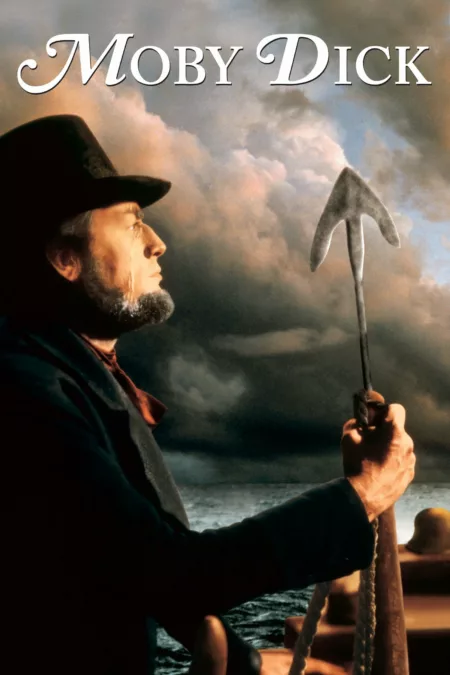
Moby Dick (1956)
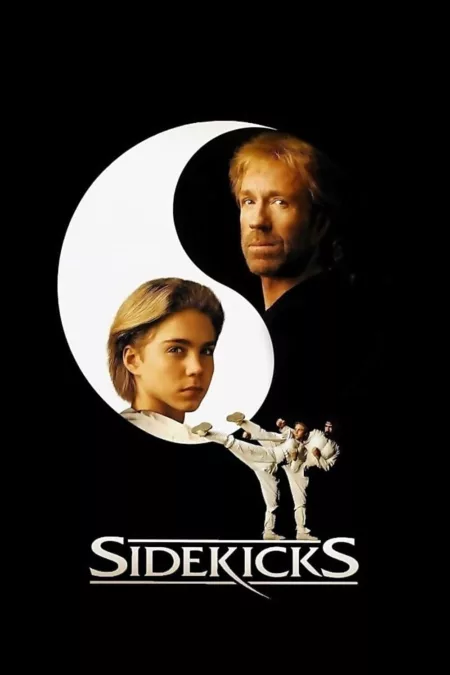
Sidekicks (1992)

Inherit the Wind (1960)

Snakes and Earrings (2008)
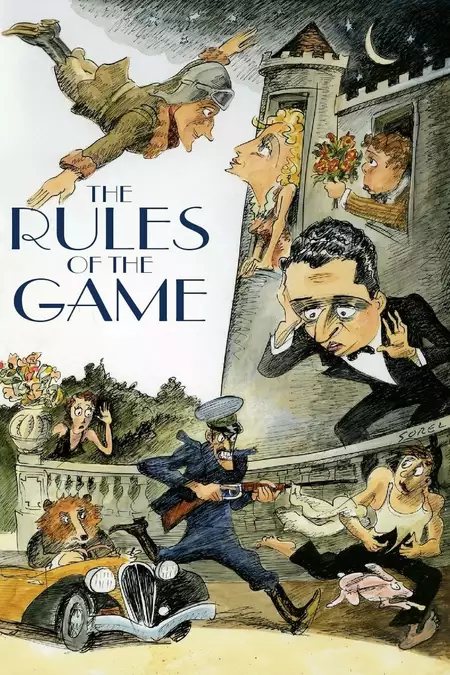
The Rules of the Game (1939)
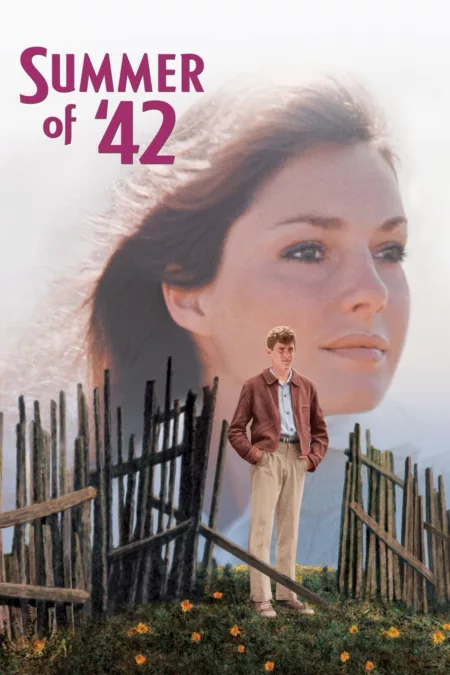
Summer of '42 (1971)

An Ideal Husband (1999)
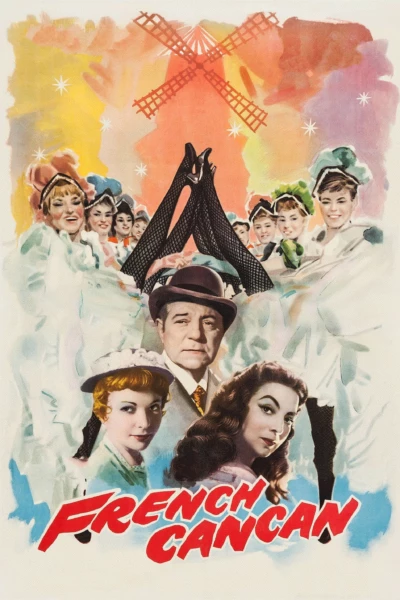
French Cancan (1955)
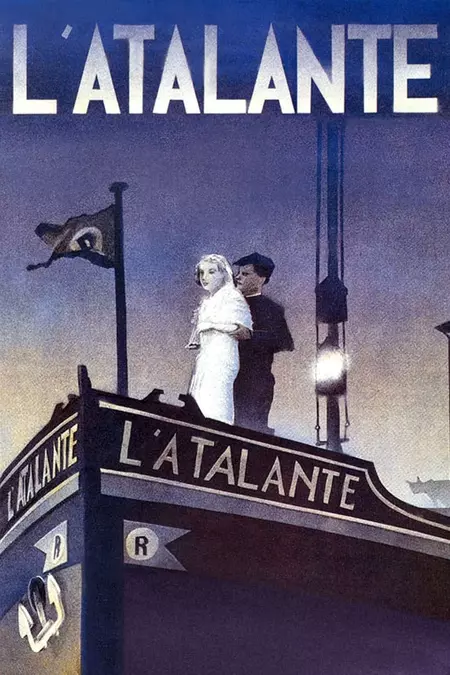
L'Atalante (1934)

The Baby-Sitters Club (1995)
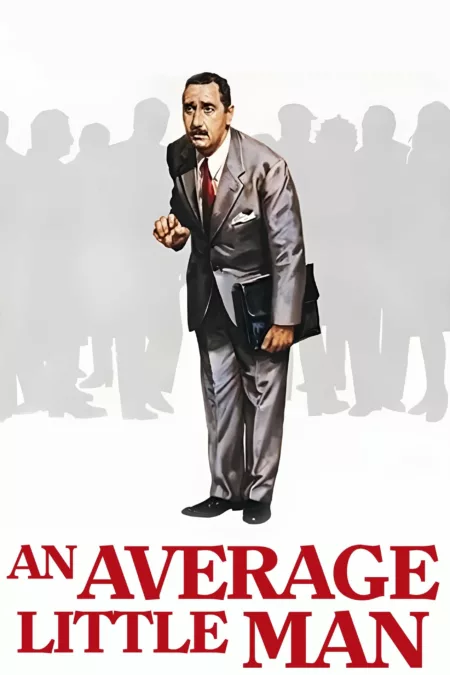
An Average Little Man (1977)

The U.S. vs. John Lennon (2006)

Shock Treatment (1981)

Futuro Beach (2014)

Before I Disappear (2014)

Madame Satã (2002)
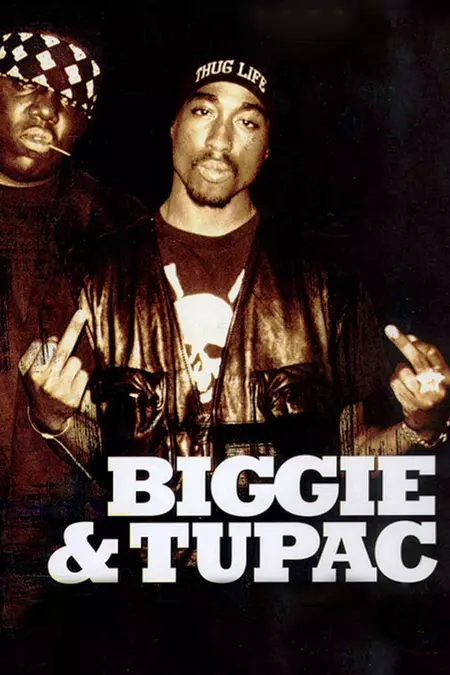
Biggie & Tupac (2002)

The Immortal Story (1968)

A Perfect Couple (2005)





